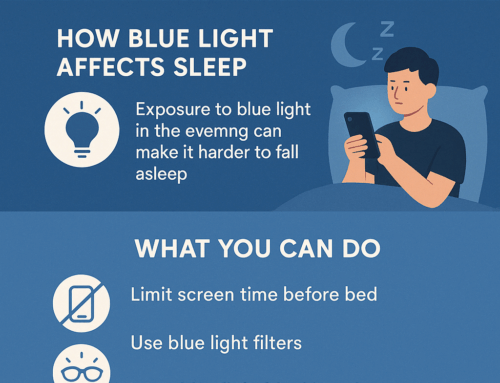In recent years, the approach to mental health care has evolved significantly. While traditional medicine remains a common form of treatment, integrative medicine has gained traction for its holistic approach. Integrative doctors combine conventional treatments with complementary therapies, focusing on the whole person rather than just the symptoms. Let’s discuss just some of the benefits of seeing an integrative doctor for mental health and how this comprehensive approach can lead to better outcomes.
What is Integrative Medicine?
Integrative medicine is an approach that combines traditional medical treatments with evidence-based complementary and alternative therapies. It emphasizes the importance of the patient-practitioner relationship, focuses on the whole person, and employs all appropriate therapeutic approaches to achieve optimal health and healing.
The Comprehensive Approach of Integrative Doctors
Holistic Assessment: Integrative doctors take time to understand the patient’s full medical history, lifestyle, and environmental factors. This thorough assessment helps identify the root causes of mental health issues rather than just treating symptoms.
Personalized Treatment Plans: Each patient receives a tailored treatment plan considering their unique needs. This plan might include a combination of medications, lifestyle modifications, dietary recommendations, supplements, and mind-body practices.
Focus on Prevention: Preventive care is a cornerstone of integrative medicine. By addressing lifestyle factors such as diet, nutrient deficiencies, exercise, sleep, and stress management, integrative doctors help patients maintain mental health and prevent the onset of more severe conditions.
Benefits of an Integrative Approach to Mental Health
Comprehensive Care: Integrative doctors provide a broader range of treatment options, combining the best of conventional and alternative medicine. This comprehensive care ensures that all aspects of a patient’s mental health are addressed, leading to more effective and sustainable outcomes.
Mind-Body Connection: Integrative medicine recognizes the profound connection between the mind and body. Practices such as yoga, meditation, and acupuncture can help reduce stress, anxiety, and depression by promoting relaxation and balance.
Nutritional Support: Diet plays a crucial role in mental health. Integrative doctors often recommend dietary changes, supplements, and herbs that can improve brain function, reduce inflammation, and balance neurotransmitters. Omega-3 fatty acids, magnesium, and probiotics are examples of supplements that may benefit mental health.
Stress Reduction Techniques: Integrative doctors often incorporate stress reduction techniques into treatment plans. These might include mindfulness meditation, deep breathing exercises, and guided imagery, which have been shown to reduce symptoms of anxiety and depression.
Improved Patient-Practitioner Relationship: The integrative approach emphasizes a strong therapeutic alliance between the patient and the doctor. This relationship fosters trust, encourages open communication, and ensures that patients feel supported throughout their treatment journey.
Reduced Reliance on Medication: While medications are sometimes necessary, integrative doctors explore other treatment avenues that can complement or even reduce the need for pharmaceuticals. This approach can minimize side effects and promote long-term well-being.
Enhanced Quality of Life: Integrative medicine helps patients achieve a higher quality of life by addressing all dimensions of health—physical, emotional, mental, and spiritual. This holistic approach ensures that patients are symptom-free and thrive in all aspects of their lives.
Integrative Therapies Commonly Used in Mental Health
- Acupuncture can help reduce symptoms of anxiety and depression by balancing the body’s energy flow.
- Herbal Medicine: Certain herbs, like St. John’s Wort and valerian root, are used to treat mild to moderate depression and anxiety.
- Nutrient deficiencies: Many studies are now showing that a lack of specific vitamins and minerals plays a critical role in mental health. Integrative medicine helps identify and correct these deficiencies. To learn more about the importance of vitamin D on mental health, click here
- Mindfulness and Meditation: Proven to reduce stress, improve mood, and enhance overall mental well-being.
- Yoga and Tai Chi: These physical practices also incorporate mindfulness, promoting both physical and mental health.
- Biofeedback helps patients learn to control physiological functions such as heart rate, which can reduce anxiety and improve mental health.
The integrative approach to mental health offers a promising alternative to traditional methods. It focuses on healing the whole person rather than just treating symptoms. By combining conventional treatments with complementary therapies, integrative doctors provide comprehensive, personalized care that addresses the root causes of mental health issues. This holistic model alleviates symptoms and promotes overall well-being, helping patients achieve a balanced and fulfilling life. If you’re seeking a more inclusive approach to mental health care, considering an integrative doctor might be the transformative step you need. To look for an integrative doctor near you, visit https://aihm.org/fellowship/







Leave A Comment